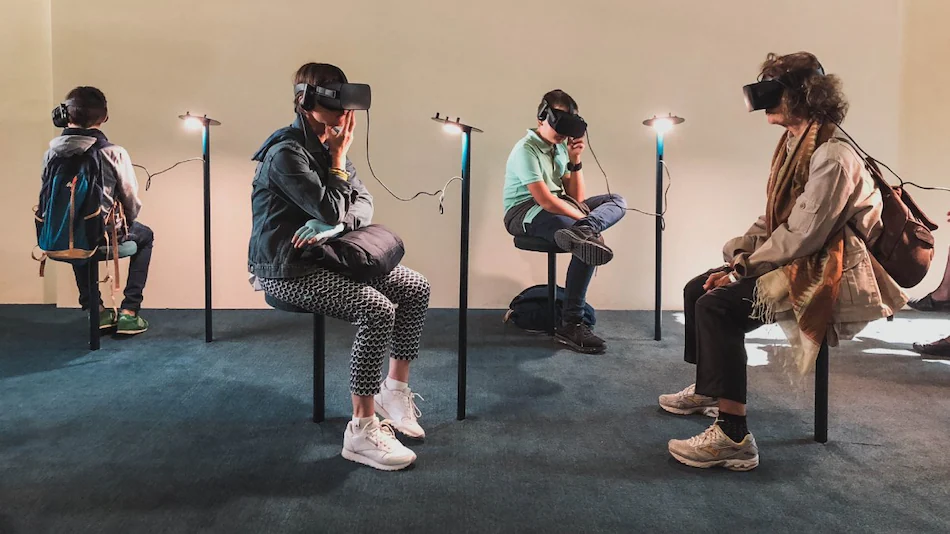
With big tech moving towards virtual reality (VR) and augmented reality (AR), making room for the metaverse, there is a heated discussion regarding the technology’s boundaries — or rather, its lack thereof. One of the main fears expressed by doubters is that the metaverse may lead to the end of reality as we know it. Louis Rosenberg, a computer scientist who designed the first practical AR system, has cautioned that augmented reality might be considerably worse than social media in terms of this discussion and related concerns.
According to Rosenberg, the goal of AR and the metaverse is to deliver material in the most natural way possible, which implies AR has the potential to “change our sense of reality” by removing mental borders and changing how we perceive our daily experiences.
“I, for one, find this alarming. That’s because, as Rosenberg argues in a Big Think essay, “augmented reality will radically affect all parts of society, and not necessarily in a good manner.” The computer scientist, who created the first fully functional AR system — Virtual Fixtures — in 1992 to train US Air Force pilots, believes AR will soon become central to all aspects of life, but he is concerned about “legitimate uses” by the powerful social media platforms that will control the infrastructure.

Social media, according to Rosenberg, manipulates our reality by limiting what we are permitted to view. We are all becoming increasingly reliant on businesses to create and maintain the various layers of technology that separate us from our daily lives. These layers, according to Rosenberg, are employed to influence us. “The reality is, we live in perilous times, and AR has the ability to intensify the hazards to unprecedented degrees.”
He also worries that AR will become so ingrained in our lives that we won’t be able to just remove the AR glasses to avoid seeing the problems staring us in the face. Taking off our AR glasses would put us at a social, economic, and intellectual disadvantage. He does, however, give some promises about the benefits that the technology will provide. “Don’t get me wrong. I’m not a hater. “AR has the potential to improve our lives in a variety of ways,” he adds, adding that this technology will allow surgeons to operate more quickly and effectively. Construction workers, engineers, and scientists will profit, as will the entertainment and education businesses.

Rosenberg urges everyone to exercise caution right now, saying that AR might be used to splinter society and foment conflicts among us.




